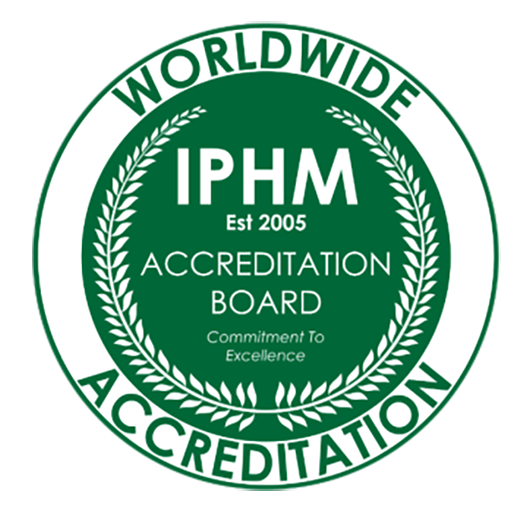Prolactin (PRL) is a hormone produced by a small organ at the base of the brain called the anterior pituitary gland.
A simple intravenous blood test for women to check whether their levels of prolactin are normal.
Prolactin (PRL) is a hormone produced by a small organ at the base of the brain called the anterior pituitary gland. It is best known for producing breast milk in women. Prolactin is usually found in low levels in both men and women. It will rise significantly during pregnancy and breastfeeding and returns to normal very quickly after breastfeeding stops.
As well as producing breast milk, prolactin has other wide-ranging functions, from influencing the reproductive system to regulating the immune system.
Sometimes both men and non-pregnant or breastfeeding women can have raised prolactin, which can cause a milky discharge from the nipple in both sexes (though rarely in men). Commonly this is caused by a prolactinoma, a usually benign (not cancerous) tumour of the pituitary gland, which can cause symptoms of headaches and visual impairment.
Other causes of raised prolactin can include polycystic ovaries, hypothyroidism, kidney disease, and anorexia. Certain drugs and anabolic steroids can also cause high prolactin levels. Elevated prolactin in women can result in infertility, breast tenderness and irregular periods, while it can cause low libido and enlarged and tender breasts in men.
Do not take biotin supplements for two days before this test, discuss this with your doctor if it is prescribed.
Prolactin is a hormone which is produced in the pituitary gland and plays a role in reproductive health. Its primary purpose is to stimulate milk production after childbirth, and in pregnant and breastfeeding women prolactin levels can soar.


Vita Health Clinic Ltd 2023. Company registered number: 15275009. Registered Address: 22a Park Road, Bingley, West Yorkshire, BD16 4JD
Financial Conduct Authority, registration number 978517. Credit is subject to status.
Get in touch by making inquiries on services or products you’d like to know more about or compare.